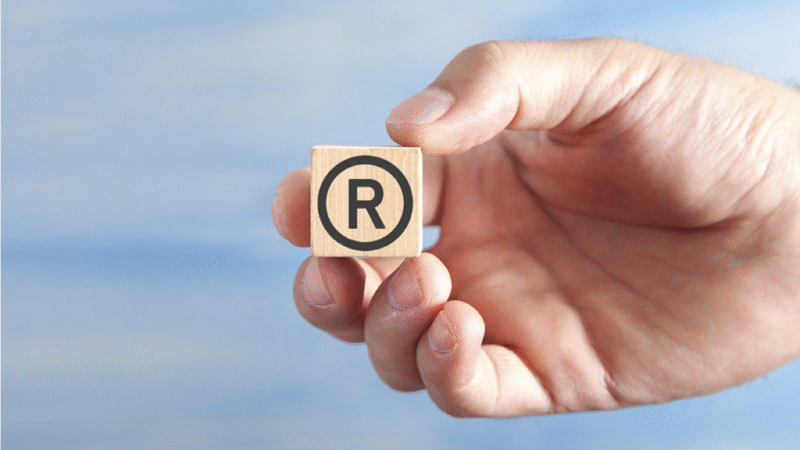Can You Collect a Judgment from Out-of-State Debtors?

Winning a court case and obtaining a judgment is only half the battle. When the person or business that owes you money lives—or moves—out of state, collecting your judgment becomes significantly more complicated. Fortunately, there are legal options available to enforce your judgment across state lines, but it requires careful navigation of laws, procedures, and paperwork.
In this blog post, we’ll break down what happens when your debtor resides in another state and how a judgment collection attorney can help you collect what you’re owed, even if the debtor is hundreds or thousands of miles away.
Understanding Judgments Across State Lines
Let’s say you win a lawsuit in your home state and the court awards you a monetary judgment. But the debtor has moved, or they live in another state entirely. Can you still collect?
The answer is: Yes—but not automatically.
A judgment from one state does not have automatic legal force in another state. To enforce it, you must go through a process known as domestication of the judgment.
What Is Domestication of a Judgment?
Domestication is the legal process of making your judgment from one state enforceable in another state where the debtor lives, works, or holds assets.
This process is governed by the Uniform Enforcement of Foreign Judgments Act (UEFJA), which has been adopted in most U.S. states. Under the UEFJA:
- You file a copy of your original judgment in the court of the debtor’s current state.
- The court “recognizes” the judgment as if it were originally entered there.
- Once accepted, you can use that state’s enforcement tools—like wage garnishment, bank levies, or property liens.
If the state doesn’t follow UEFJA (a small number don’t), the process may require filing a new lawsuit based on the original judgment, which is more complex but still possible.
Steps to Domesticate an Out-of-State Judgment
Here’s a simplified overview of how domestication typically works:
1. Obtain a Certified Copy of the Judgment
Request a certified or exemplified copy of your judgment from the court where you originally won the case.
2. File in the New State
File that judgment in the court where the debtor resides or holds assets. This often includes:
- Filing fees
- Supporting documents
- A notice to the debtor
3. Notify the Debtor
The court usually requires you to notify the debtor that the judgment has been filed in their state. They may have a short period to contest it (though they cannot re-litigate the original case).
4. Begin Enforcement
Once the judgment is recognized by the new state’s court, you can proceed to enforce it using local methods:
- Wage garnishment through local employers
- Bank levies on local accounts
- Property liens on real estate
Challenges in Cross-State Judgment Collection
Collecting a judgment across state lines is legal—but not always easy. Common obstacles include:
- Debtor evasion – They may continue moving or hiding assets.
- Unknown asset location – You may not know where the debtor banks or works.
- Jurisdictional complexity – Every state has its own court rules, forms, and procedures.
- Time limits – You may face filing deadlines both in your original state and the state where you’re enforcing.
This is where a judgment collection attorney becomes crucial. They can coordinate filings, handle legal paperwork, and locate assets across jurisdictions.
What If the Debtor Owns Property in Multiple States?
If the debtor owns property or earns income in multiple states, you can domesticate the judgment in each state where they have assets. This allows you to:
- File liens on properties in various states
- Levy accounts in different banks
- Garnish wages through employers based elsewhere
Each action requires its own court filing and compliance with local laws—but the opportunity to recover your money improves with each enforcement route.
Judgments Continue to Accrue Interest
One important reason to act quickly is interest. Most judgments accrue post-judgment interest, meaning the longer the debtor doesn’t pay, the more they owe.
This interest:
- Encourages the debtor to settle
- Compensates you for delayed payment
- Can be enforced along with the principal debt
A collection attorney will ensure this interest is properly calculated and included in your enforcement filings.
How a Judgment Collection Attorney Helps
An experienced collection attorney can:
- Handle all interstate filings and legal formalities
- Locate debtor assets using skip tracing and discovery tools
- File wage garnishment and lien requests in the new state
- Respond to any challenges or objections from the debtor
- Coordinate with attorneys licensed in the debtor’s state, if necessary
Without this legal guidance, attempting cross-state collection on your own can be overwhelming and lead to delays or errors that jeopardize your case.
Conclusion
Yes, you can collect a judgment from an out-of-state debtor—but it takes proper legal action to do so. Domestication of your judgment allows you to use powerful enforcement tools like garnishments, levies, and liens in the state where the debtor now lives or holds assets.
If your debtor has moved or you’re unsure where they are, don’t give up. A judgment collection attorney can help you enforce your rights across state lines and pursue the recovery you deserve—no matter where the debtor tries to hide. We recommend Judgement Collection Attorney.






